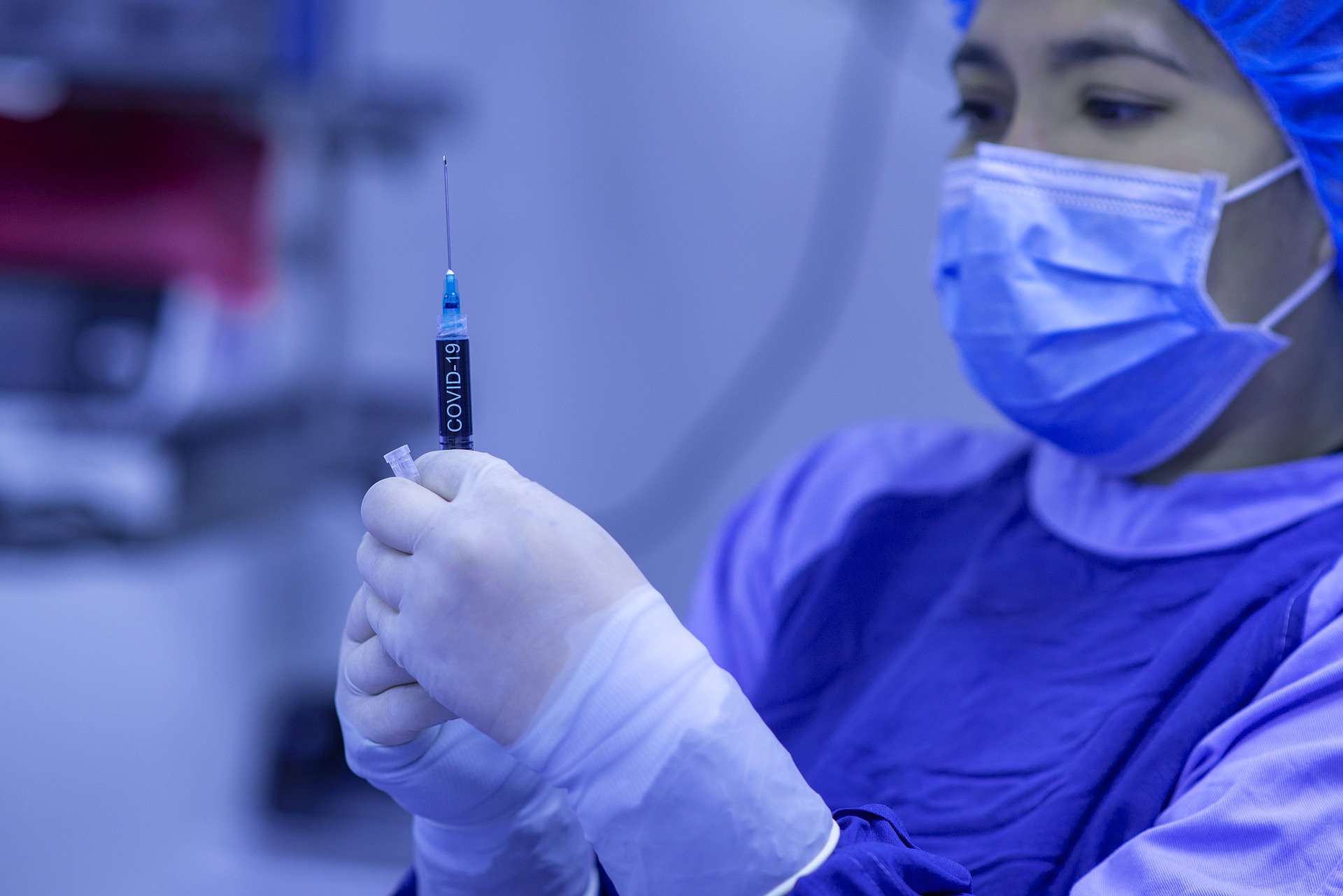New Delhi: Vaccination against human papillomavirus (HPV) has become a vital measure to combat cervical cancer. Which poses a serious health risk around the world. Typically, HPV vaccine necessitate multiple doses to achieve sufficient immunity. However, recent studies from the World Health Organization’s International Agency for Research on Cancer (IARC) indicate that just one dose of the HPV vaccine may effectively prevent cervical cancer. This discovery raises crucial discussions about vaccine accessibility, particularly for low- and middle-income nations.
The Unique Nature of HPV Vaccines
Unlike many other vaccines that require two or three doses for sustained immunity, HPV vaccination is somewhat different. Dr. Partha Basu, who leads the Early Detection, Prevention, and Infections Branch at IARC. Highlights that a single dose can support high antibody levels for many years. This quality makes the HPV vaccine especially beneficial in combating cervical cancer, especially in regions with limited healthcare infrastructure.
A recent study published in the Journal of the National Cancer Institute Monographs showcases the effectiveness of a single-dose HPV vaccine. Researchers discovered that one dose of the quadrivalent vaccine offers solid protection against persistent infections of HPV types 16 and 18, which account for almost 80% of cervical cancers in low- and middle-income nations. Remarkably, this protection remains effective for up to 15 years after vaccination. Indicating that a single dose might be sufficient for lasting immunity.
Why Single-Dose Vaccination Matters
The implications of these findings are significant. Dr. Basu points out that single-dose vaccination provides a feasible, simpler, and more accessible option for populations at risk. The enduring protection seen up to 15 years post-vaccination could motivate more countries to incorporate a single-dose approach into their HPV vaccination programs. This change could result in substantial cost savings, as decreased HPV positivity rates would lessen the need for follow-up procedures, thereby enhancing healthcare efficiency and accessibility.
In numerous low- and middle-income countries, healthcare resources are scarce, making it challenging to roll out multi-dose vaccination schemes. The single-dose HPV vaccine could help bridge these gaps by streamlining the vaccination process. With the promise of long-lasting protection, health authorities could aim to reach a larger number of individuals without the logistical hurdles that come with administering multiple doses. This is especially vital in areas with limited healthcare access and high rates of cervical cancer.
You may also like –

The Role of WHO’s Cervical Cancer Elimination Initiative
The study’s findings resonate with the World Health Organization’s initiative to eliminate cervical cancer, aiming to cut down on its incidence and mortality worldwide. By championing single-dose HPV vaccination, the WHO can amplify its efforts to eradicate cervical cancer, particularly in regions lacking resources. This research could prompt countries to reassess their vaccination methodologies and adopt more effective public health policies.
Future Directions in HPV Vaccination
As research progresses, it will be crucial to conduct further studies to confirm the long-term effectiveness of single-dose HPV vaccination. Health policymakers need to keep these findings in mind when shaping vaccination initiatives and distributing resources. The ability to prevent cervical cancer through a more accessible vaccination framework could drive significant advancements in global health.
Read Also – How SARS-CoV-2 Manipulates Cholesterol Trafficking to Evade Immune Responses: New Study Explains
To end with, the potential for a single-dose HPV vaccine signifies a noteworthy advancement in the battle against cervical cancer. With evidence indicating that a single shot can provide lasting protection, there is a strong argument for adopting this method, particularly in low- and middle-income countries. As we advance, it’s essential to keep pushing the boundaries of vaccination strategies that can lessen the impact of cervical cancer and enhance health outcomes for women globally.










